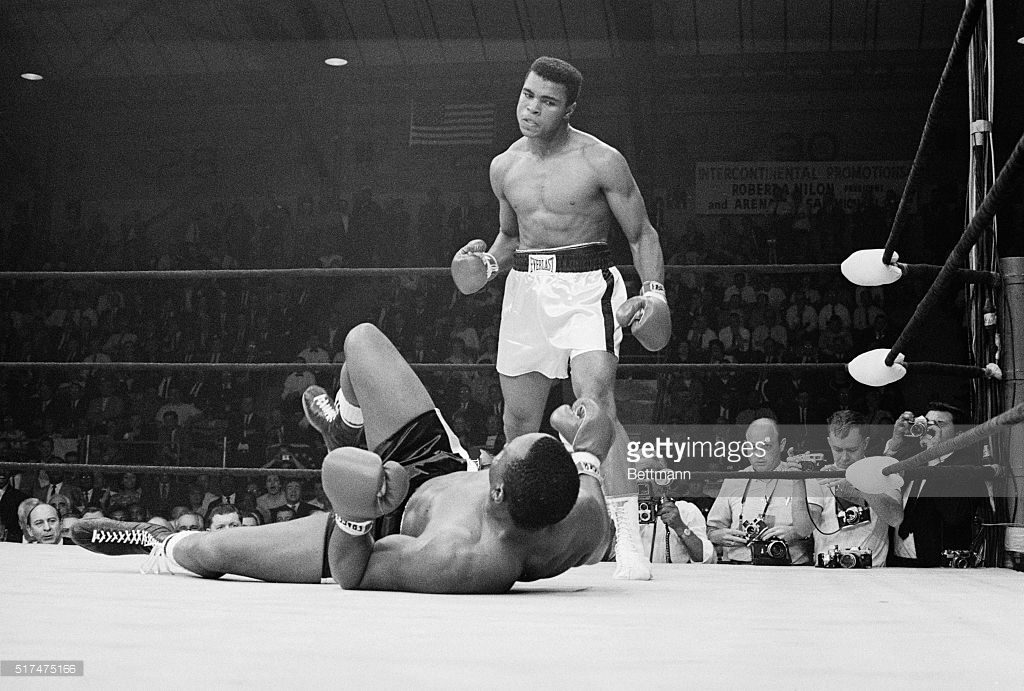[This is a Brexit-free post]
There is something of an underdog theme this week. Marcus Willis, Iceland, Cleveland and (stretching it here) Dustin Johnson. Read on, read on… Continue reading
[This is a Brexit-free post]
There is something of an underdog theme this week. Marcus Willis, Iceland, Cleveland and (stretching it here) Dustin Johnson. Read on, read on… Continue reading
 The Euros start today. And go on for a bit, and a bit longer, and then eventually there will be a final, I promise.
The Euros start today. And go on for a bit, and a bit longer, and then eventually there will be a final, I promise.
If you feel that there’s something not quite right about this edition of the quadrennial, you’d be spot on. It comes down to the numbers.
In previous editions, the Euros were contested by 16 teams. Four groups of four, top two go to the quarter finals and so on. Great. But this edition is 24 teams.
Let’s take a step back: how did we get to 24 teams?
Well, it started with 53 teams, divided into nine groups of six (and one of 5). In those groups, the top two went through, plus a third place team, and then the other eight third place teams had a playoff.
From 53 to 23 (plus the hosts) isn’t much of a cut off. To compare, the World Cup for 2018 goes from 210 to 31 teams, and the UEFA (ie European) part of that goes from 54 teams to just 13 (plus Russia as hosts).
So rather than eliminate 76 per cent of the European teams in qualifying, as the World Cup does (the overall rate is 85 per cent), the Euros eliminated just 57 per cent of the teams in qualifying.
That basically means you can be a very average team and still get through to the finals. Obviously, not the Netherlands, but that’s another story.
And then there’s the finals themselves. The Guardian have done it brilliantly: a tournament of 24 is a terrible number. To get to the knock out stages of 16 teams (rather than 8 as before), you are eliminating not half, but just a third of teams from the group stage.
In other words – 53 goes to 23 (plus host), 24 goes to 16, then it’s a knockout (with some severely complicated rules along the way).
It’s almost harder to fail than it is to progress.
 The death of Muhammad Ali has, quite rightly, inspired some fantastic obituaries, which I suggest you read in the section below. Frequently Ali is said to have ‘transcended’ his sport. While it’s hard to disagree, what do we mean by that?
The death of Muhammad Ali has, quite rightly, inspired some fantastic obituaries, which I suggest you read in the section below. Frequently Ali is said to have ‘transcended’ his sport. While it’s hard to disagree, what do we mean by that?
Literally, the definition is (via Merriam Webster):
– to rise above or go beyond the limits of
– to triumph over the negative or restrictive aspects of
– to be prior to, beyond, and above (the universe or material existence)
Ali clearly meets the test: he was a political and religious figure as well as a cultural icon, and a boxer whose fights are legendary. But who since can be said to have transcended his or her sport in a comparable way?
Michael Jordan? Serena Williams? Tiger Woods? All have redefined their sports, and, especially in Williams and Woods cases, have broken racial barriers. Great for the sport – but is that transcending?
Statistical leaders – Jack Nicklaus and Roger Federer, Michael Phelps and Usain Bolt – are amazing sportsmen who have pushed their event to a higher level, but it ends there.
What of those who have, it seems, carried the hopes of an emerging nation? Ayrton Senna, Sachin Tendulkar, Diego Maradona? There is something more transcendent here, yet all seem somehow small when compared to Ali.
Lastly, what of one area where Ali could not make much of an impact: gender? Perhaps Billy Jean King, who did so much for women’s tennis and sport in general, could be said to have transcended her sport. Yet this feels like two parallel careers, whereas Ali’s influence, one feels, exists in more of a continuum, equally comfortable in the ring or on chat shows, or giving voice to political concerns.
This, then, is Ali’s legacy: he was not just an icon – for many of those exist – but an icon for whom all others can never quite compare. Read the obits – they are worth your time. Plus there are 7 other articles to make you feel smarter. Continue reading
© 2024 Rob Minto
Theme by Anders Noren — Up ↑